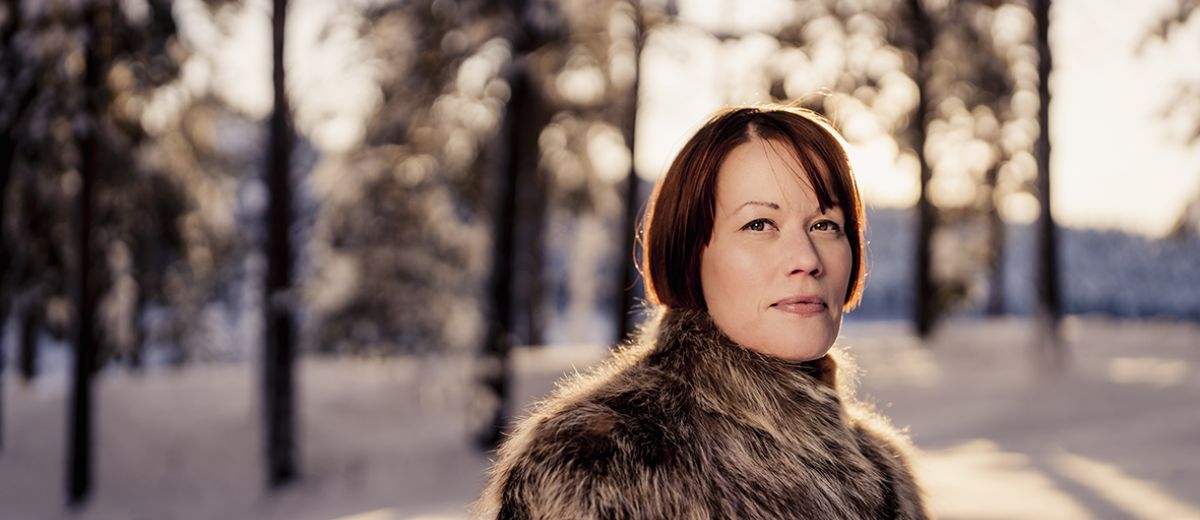
Árbediethu – intergenerational transfer of knowledge
Imagine a business that describes itself as being at one with nature. Ávki is such a company and it was established in 2011 in Gällivare, Sapmi. The company’s name, Ávki, means “helping hand” in the Sami language. Ávki is a local business development company specialising in Sami-owned businesses.
– In Sami culture, we’ve learned across generations not to take more from nature than we need. You don’t start a business solely for profit, says Erika Omma Unnes, project manager at Ávki.
Freedom is highly valued, guiding people to leave nature in a better condition for the next generation. However, the Sami community is a part of Swedish society, and the contemporary concept of circular economy has also impacted the Sami culture.
– Today, there are a lot of plastics in different products, such as the tools we use for reindeer herding, but only a few generations back, everything was crafted from what you found in nature.
Along with the green industry transition in the north, a new challenge has presented itself. A political conflict has arisen because of people’s different views of the land, nature and resources.
– Things that aren’t necessarily sustainable are now labelled green. For example, the mining industry claims a lot of lands and destroys the soil in Sapmi. As a reindeer herder, you need the land for your animals.
Sami businesses are predominantly reindeer herding companies. Erika Omma Unnes describes how Sami people feel connected to the environment in the sense that animals, land and people are never separated from each other, and this is an essential aspect in the Sami community.
– Losing land is like losing a part of our life because we are so connected to the land.
Sami circular knowledge has been transferred for generations, long before the term “circular economy” was ever coined.
– Traditional Sami knowledge is something you learn from the elders, your family, and the people around you. You see how they do it, and then you’re asked to do it.
The circular economy is not something you can learn simply by reading about it, according to Erika Omma Unnes.
– You also must do it. You have to use your hands. So it’s knowledge and awareness that you integrate with your body. We call that Árbediethu.